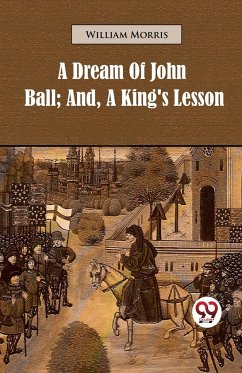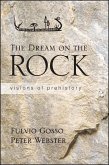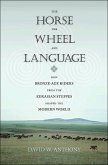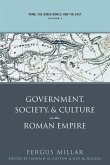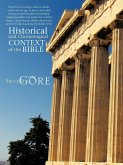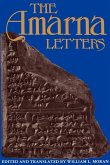William Morris, an English novelist, wrote a book titled A Dream of John Ball on the Great Revolt of 1381, sometimes also known as "the Peasants' Revolt." This 1888 novel is a time-travel fantasy in which the modern and medieval eras merge, and it is about the English Peasants Revolt of 1381 and its commander, John Ball. Morris paints a glowing, even utopian picture of the medieval world. The story contrasts the ethics of medieval and contemporary civilization by describing a dream and time-travel encounter between the medieval and modern worlds. The protagonist, Ball learns of the demise of feudalism and the emergence of the Industrial Revolution from a time traveler and Ball acknowledges that his expectations for an egalitarian society in the 19th century have not yet been realized. To read this time-travel fantasy and philosophical novel, readers should go through the collection of essays!
Hinweis: Dieser Artikel kann nur an eine deutsche Lieferadresse ausgeliefert werden.
Hinweis: Dieser Artikel kann nur an eine deutsche Lieferadresse ausgeliefert werden.

